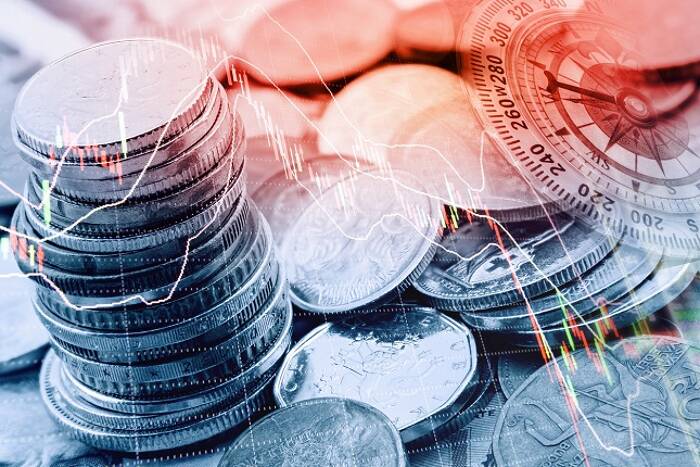As discussed on the Covid thread, Klaus Schwab has warned of some upcoming large-scale cyber event or attack. The fact that this is even being anticipated and "prepared for" by Schwab's "Great Reset" cadre should give us a little pause and consideration for what the next doozie is to be dropped on half the world I think. Will it be used to acclimate people to CBDC's (Central Bank Digital Currencies)? Will it provide a pretext for greater antagonism towards Russia should Russia be blamed for it? Will it be used to help implement or rush through more internet censorship policies and technologies?
Ice Age Farmer has a very good video which breaks down the possibilities for what this "warning" may really be about:

Ice Age Farmer has a very good video which breaks down the possibilities for what this "warning" may really be about:
The World Economic Forum warns of a new crisis of "even more significant economic and social implications than COVID19." What threat could possibly be more impactful? Christian breaks down the WEF's "Cyber Polygon" tabletop exercise, its participants, and predictive programming around a looming large scale cyberattack on critical infrastructure that would unleash a Dark Winter and help to usher in the Great Reset.
Jeremy Jurgens, WEF Managing Director ( https://youtu.be/5ZRg5kiH9Is ):
"I believe that there will be another crisis. It will be more significant. It will be faster than what we've seen with COVID. The impact will be greater, and as a result the economic and social implications will be even more significant."
Klaus Schwab ( https://youtu.be/0DKRvS-C04o ) :
"We all know, but still pay insufficient attention, to the frightening scenario of a comprehensive cyber attack could bring a complete halt to the power supply, transportation, hospital services, our society as a whole. The COVID-19 crisis would be seen in this respect as a small disturbance in comparison to a major cyberattack.
To use the COVID19 crisis as a timely opportunity to reflect on the lessons the cybersecurity community can draw and improve our unpreparedness for a potential cyber-pandemic."




